See below for a list of various resources that have been helpful for families visiting our clinic. Some of these resources may be more attuned to your situation than others, we hope that you may find the information provided below helpful.
Websites
- General Information About Psychosis
- National Alliance on Mental Illness (NAMI)
- The Schizophrenia Homepage
- WPA International Program to Fight the Stigma and Discrimination of Schizophrenia
- British Columbia Schizophrenia Society (BCSS) Family Toolkit
- EPI Dealing with Psychosis Toolkit
- https://www.bcss.org/wp-content/uploads/resources/Basic-Facts-18-small-5.5-x-8.5-final-no-ad.pdf
- BCSS, “Schizophrenia: General Resources”
- BCSS, “When Your Sibling Has Psychosis” (For Children)
- BCSS, “When Your Sibling Has Psychosis” (For Teens)
- Our Healthy Minds: Living with Mental Illness – A Guide for Families and Friends
- General Resource for Family and Friends
- Information for Individuals and Families about Internal Experience
- Treatment Programs across North America
- National Institutes of Mental Health (NIMH)
- Brain and Behavior Research Foundation (BBRF; formerly NARSAD)
- Early Psychosis Intervention (EPI)
- Substance Abuse and Mental Health Services Administration (SAMHSA)
- Physician’s Desk Reference for Consumers
- National Institutes of Health (NIH) Consumer Health Information
- Health Affairs, “How I Helped Create A Flawed Mental Health System That’s Failed Millions–And My Son”
- Massachusetts Department of Mental Health (DMH), “Consumer and Family Resource Guide”
Videos
- Videos about Psychosis and Schizophrenia
- Collection of Schizophrenia Audio & Video Files
- Introduction to the Portland Identification and Early Referral Program (PIER)
- PIER, “Schizophrenia Explained”
- PIER, “Early Intevention in Psychosis: What You and Your Family Should Know”
- Leap Institute, “I’m Not Sick, I Don’t Need Help!”
- Leap Institute, “Living with Schizophrenia: A Call for Hope and Recovery“
Book
- Information & Support
- Amador, X. (2000). I am Not Sick. I Don’t Need Help! Helping the seriously mentally ill accept treatment. Peconic: Vida Press.
- Dickens, R. & Marsh, D. (Eds.). (1994). Anguished Voices: Siblings and Adult Children of Persons with Psychiatric Disabilities. Boston: Center for Psychiatric Rehabilitation, Sargent College of Allied Health Professions.
- Marsh, D.T. & Dickens, R. (1997) How to Cope with Mental Illness in Your Family: A self care guide for siblings, offspring, and parents. New York: Jeremy P. Tarcher/ Putnam.
- Mueser, K.T. & Gingerich, S. (2006). The Complete Family Guide to Schizophrenia: Helping Your Loved One Get the Most Out of Life. New York: Guilford Press
- Temes, R. (2002). Getting Your Life Back Together When You Have Schizophrenia. New Harbinger Publications.
- Torrey, E.F. (2001). Surviving Schizophrenia: A Manual for Families, Consumers, and Providers (4th Edition). New York: Harper Collins Publishers, Inc.
- Autobiographies/ Memoirs
- Jamison, K.R. (1995). An Unquiet Mind. New York: Knopf.
- Katz, B. (2004). I Think I Scared Her: Growing up with Psychosis. Xlibris Corporation
- Olson, L.S. (1994). He Was Still My Daddy. Portland: Ogden House Publishing Co.
- Saks, E.L. (2007). The Center Cannot Hold. New York: Hyperion.
- Schiller, L., & Bennett, A. (1996). The Quiet Room : A Journey Out of the Torment of Madness. New York: Warner Books Inc.
- Sexton, L.G. (1994). Searching for Mercy Street: My Journey Back to My Mother. Boston: Little Brown & Co.
- Simon, C. (1997). Mad House: Growing up in the Shadow of Mentally Ill Siblings. New York: Penguin Books.
